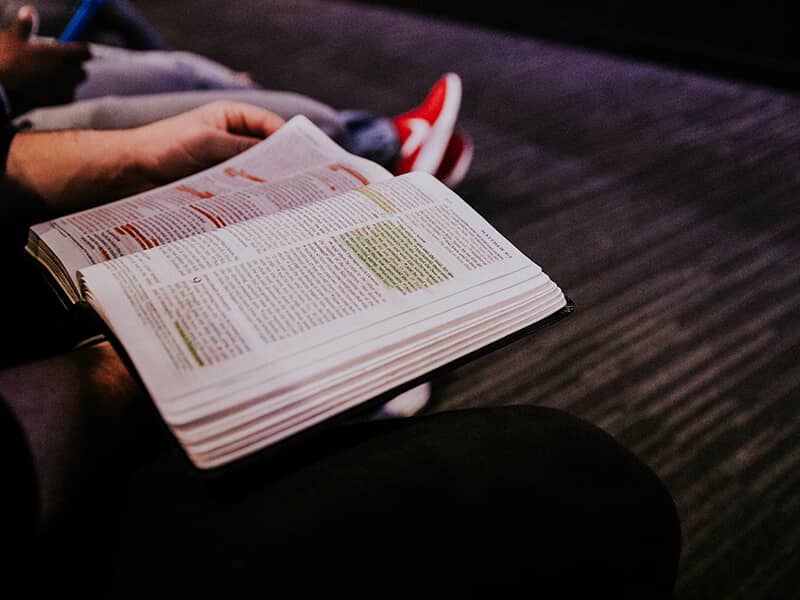KRAKOW, Poland (AP)--His body frail but spirit strong, Pope John Paul II makes a sentimental journey this week to the land he knew as a young priest that many fear could be his last trip to his native Poland.
A visit from Pope John Paul II, born Karol Wojtyla, is an affair of the heart for Poles and a unifying event of national proportions.
In this overwhelmingly Roman Catholic country, 86 percent of the people consider a papal visit an important personal event, according to a June survey by the private CBOS polling agency.
Up to 4 million pilgrims are expected to greet the holy father during his Friday to Monday homecoming, including retired dressmaker Janina Krzeluk, 61, who plans to travel from Warsaw to Krakow.
``I'm really afraid it's the last chance,'' she said, voicing fears shared by many.
At 82, the pope has been struggling with symptoms of Parkinson's disease - heavily slurred speech and trembling hands - and is slowed by knee and hip aliments that make it difficult for him to walk or even stand.
Unlike the eight previous visits to his homeland as pope - which sometimes covered 20 cities in a week - this journey will be limited to the Krakow region, where he was ordained and lived for 40 years before being elected pope in 1978.The religious focus of his trip will be the consecration of the Basilica of God's Mercy, dedicated to the mystic nun Faustine, born Helena Kowalska, whom he canonized in 2000, along with an open air Mass for some 2 million people in meadows on the outskirts of Krakow and a visit to the Klawaria Zebrzydowska shrine where the boy Karol Wojtyla prayed with his father.
Organizers also have made a special effort to make sure the pontiff visits the places he lived and worked as a student, cleric, vicar, priest and eventually archbishop, giving what Krakow Bishop Kazimierz Nycz called ``a sentimental dimension'' to the pilgrimage.
``We would like to show him all those places which are close to him, especially linked to his youth. The Holy Father, perhaps like every elderly man, experiences most vividly all the meetings and elements which concern the old days,'' Nycz said.
In Krakow, the pope will stay in the residence he inhabited as archbishop from 1964-78, make a personal visit to the Rakowicki cemetery where his parents and elder brother are buried and pray privately at the historic Wawel Cathedral, burial place of Poland's kings.
It was there that Karol Wojtyla, serving as an altar boy when he heard the gunfire of invading Nazi troops on Sept. 1, 1939, and seven years later, on Nov. 2, 1946, celebrated his first Mass as an ordained priest.On his way back from consecrating the God's Mercy basilica on Saturday, the pope will have a chance to drive along the Vistula River to see the house on Tyniecka Street where he once lived with his father, as well as the nearby church of St. Stanislaw Kostka, where he prayed as a university student.
On the last day of his visit, the pope will drive along a winding country road to Kalwaria Zebrzydowska, a picturesque town about 30 kilometers (20 miles) west of Krakow, to celebrate 400 years of one of Poland's most revered shrines - and a place he visited often as a boy.Returning to Krakow by helicopter, the pope will have a chance to catch an aerial view of his hometown of Wadowice.
Poles will be looking to the holy father, Poland's greatest moral authority, for guidance to help them through what continues to be a difficult economic transition to capitalism.Though Poland is generally considered a post-communist success story, its contentious political divisions still have roots in communist era rivalries, and many Poles are deeply suspicious of economic reforms necessary for entry into the European Union by 2004.
``The situation is so bad here, economy is bad, politicians are corrupt and people really need words of consolation, of encouragement,'' said Waclaw Pratek, 51, an electrician from Warsaw, who said he will watch the pope on television.``I think this is what everybody will be expecting to hear from the pope. Under communism he has helped us to be strong, to endure, and we still need his support.''

